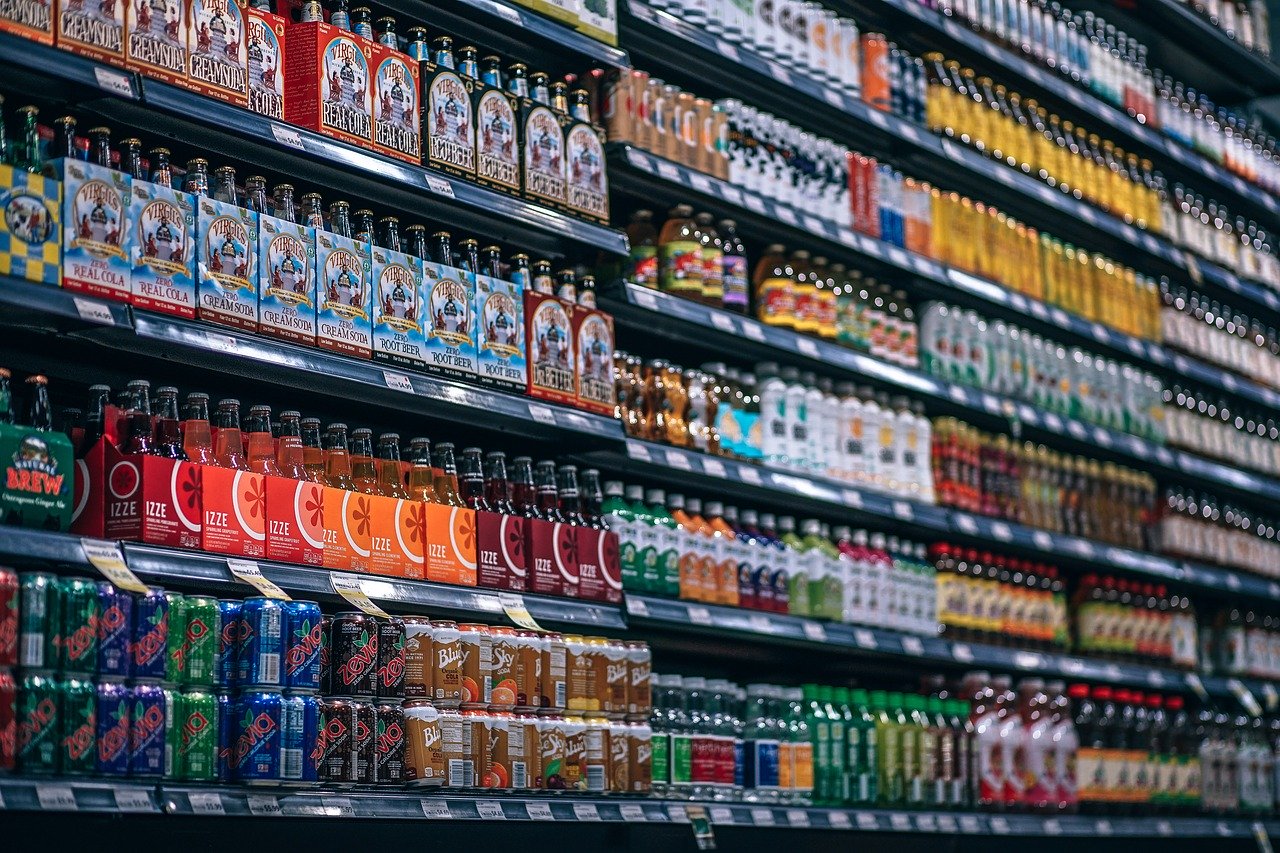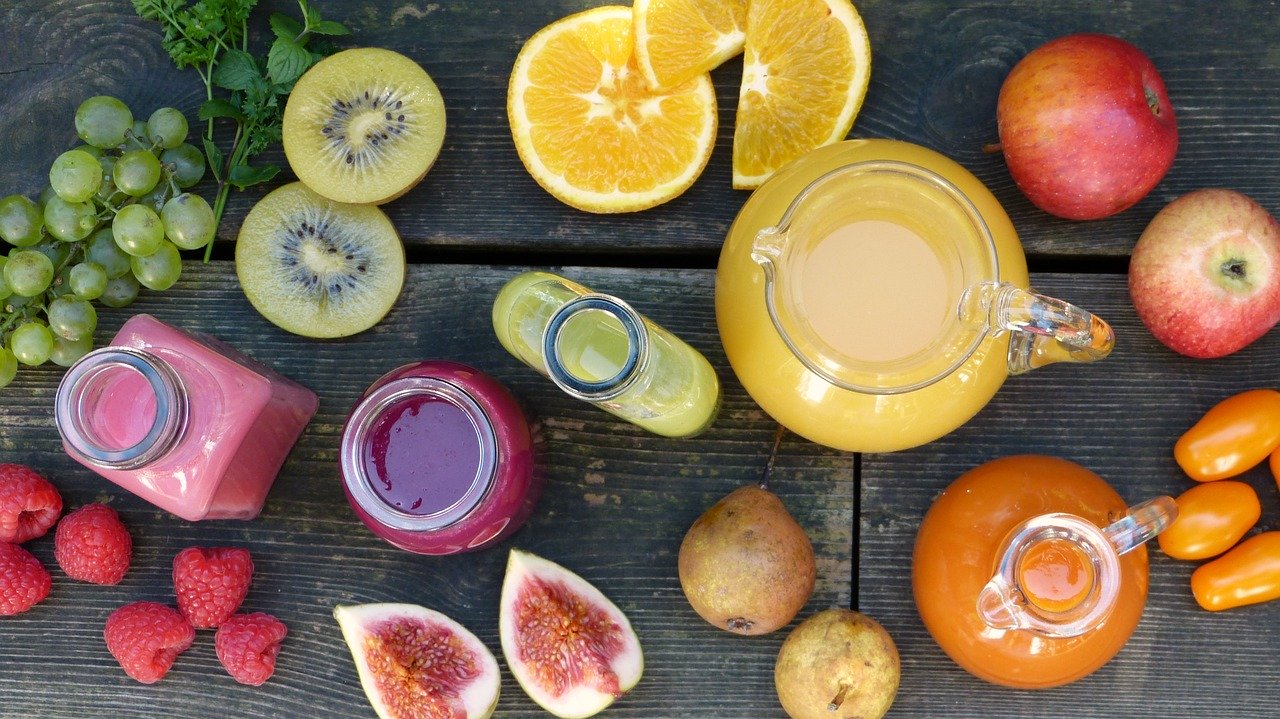In January 2019 researchers from the USA published the results of their study to assess the effect of different types of beverages on the risk of chronic kidney disease so … Read more
Lack of exercise and drinking carbonated drinks/soda increase the risk of obesity in both male and female adolescents
In February 2020 researchers from the USA published the results of their study to assess how obesity and trying to lose weight are associated with: (1) up to 5 physically … Read more
Adherence to a Mediterranean diet had no effect on the quality of life of breast cancer survivors whilst those who undertook a moderate amount of physical activity had a higher quality of life score
In January 2020 researchers from Italy published the results of their study on the quality of life among breast cancer survivors. The researchers assessed the association between adherence to the … Read more
Carbonated drinks and packaged fruit juices cause dental enamel erosion
In December 2018 researchers from India and Saudi Arabia published their study to assess the erosive potential of twenty beverages on teeth. A total of 8 carbonated drinks and 12 … Read more
Researcher calls for educational and counselling programmes to be initiated to inform consumers, especially children and adolescents, about the dangers of a high caffeine intake
In January 2019 researchers from the USA published their review of the medical scientific literature on caffeine intake in children and adolescents. Caffeine is the most widely consumed stimulant in … Read more
A Western diet reduces the diversity and composition of the gut bacteria
In May 2019 researchers from France published the results of their study to assess the association between diet and composition of gut microbiota (microbiota includes bacteria, fungi and viruses). A … Read more
Environmentally friendly bleach is an effective alternative to conventional bleach although a combination of distilled white vinegar, club soda and tea tree oil may be an adequate alternative for cleaning ceramic and for household use where complete elimination of micro-organisms is unnecessary
In November 2015 researchers from the USA published the results of their study to assess three products for (a) cleaning effectiveness on ceramic and stainless steel surfaces, and (b) disinfection … Read more
Researchers call for action to be taken concerning sugar-sweetened beverages as the evidence of their harm on human health is strong – “we should avoid the trap of waiting for absolute proof before allowing public health action to be taken” (August 2013)
In August 2013 researchers from the USA published their review to assess whether there was sufficient scientific evidence to suggest that decreasing sugar-sweetened beverages consumption would reduce the incidence of … Read more
Sugar-sweetened beverage consumption appears to increase the risk of diabetes and switching to artificially sweetened diet beverages may not lower the risk
In January 2018 researchers from the USA published the results of their study to assess the association between diet soda and regular soda consumption with the risk of diabetes. A … Read more
Higher regular caffeine consumption appears to be associated with a higher pain threshold and increased pain tolerance
In September 2018 researchers from the USA published the results of their study to assess the effect of regular caffeine consumption on pain sensitivity. 62 individuals, aged between 19 and … Read more










